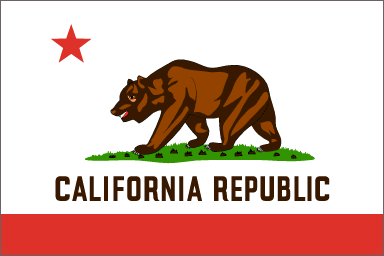California allows individuals to reclassify or dismiss cannabis-related offenses

While states like New Jersey are aiming to legalize cannabis in hopes to bring reform to the criminal justice program, California has already started making its efforts.
After legalizing cannabis for social use through proposition 64 in the 2016 election, California has already started making reforms in its legal system by reducing penalties for cannabis-related offenses. It’s also allowing individuals to get any previous cannabis-related convictions reduced, reclassified as lesser offenses or dismissed completely.
After legalization of cannabis in California, it almost seems absurd to criminalize individuals over a now decriminalized plant. California is hoping to change lives of those individuals who were penalized or even incarcerated for activities related to cannabis by reducing or dismissing sentences which would mean that their offenses would no longer get in the way of obtaining employment, bank loans, properties, etc.
Policy coordinator at Drug Policy Alliance, Eunisses Hernandez said Proposition 64 is much more than just cannabis legalization.
“California’s Proposition 64 ballot measure was not only about marijuana legalization, it was one of the most progressive sentencing and criminal justice reforms in the entire country,” Hernandez told The Huffington Post.
The reduction or dismissal of offenses isn’t automatic, however. Individuals will have to submit an application and hire an attorney. So far 5,000 individuals have submitted applications to have their offense reviewed by court, which may seem like a huge number but is actually a very small compared to the amount of people who have been arrested or penalized for cannabis-related offenses. Between 2006 to 2015 the state of California made nearly half a million cannabis-related arrests.
In hopes to repair damage caused by cannabis criminalization, local governments in California such as Oakland, Los Angeles and San Francisco, to name a few, are starting equity permit programs, which set half of all medical and social cannabis business licenses aside for individuals that were affected the most by the criminalization of cannabis. For example, Oakland City Council found that over the 20 years, the black community outnumbered any other race in cannabis-related arrests.
Cannabis advocates are highly grateful for California’s government in making an effort to reform the criminal justice program as well as repair the damages to people of color and those in low income households due to the criminalization of cannabis. California unexpectedly started a new revolution of equality through criminal justice reform, which will hopefully pave the way for other fellow cannabis-friendly states to do the same.









